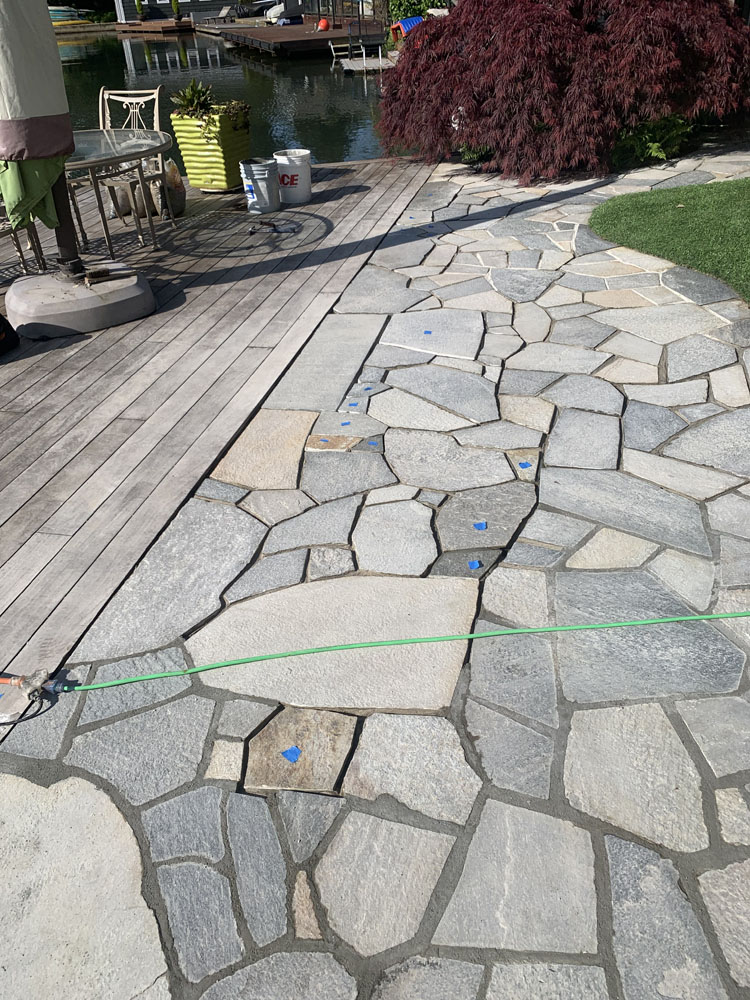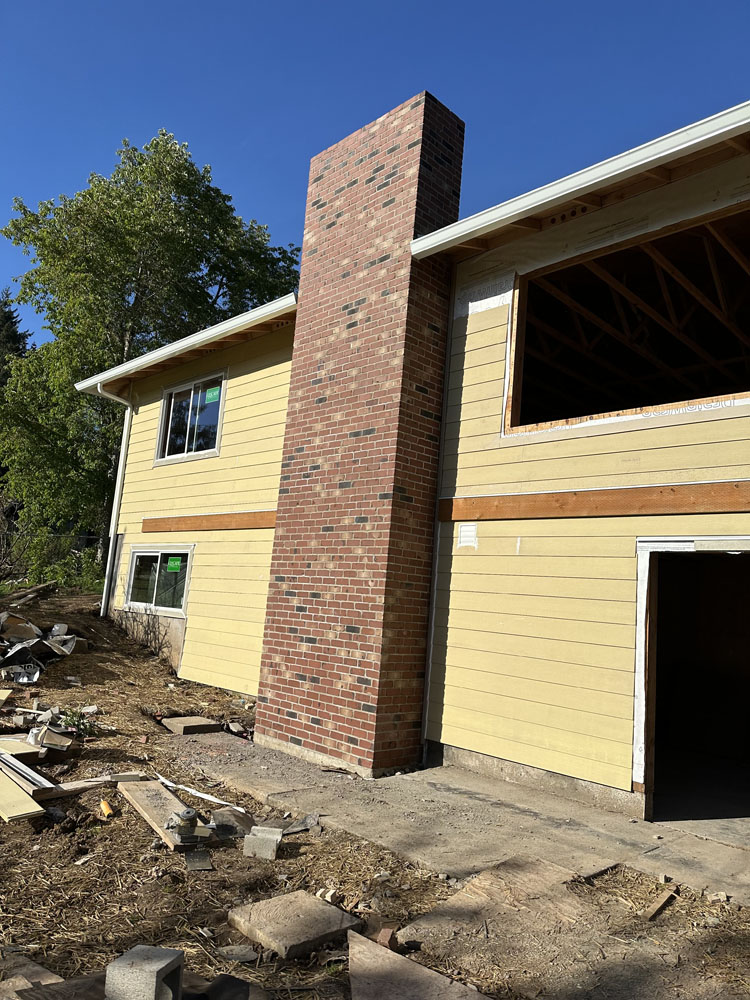Introduction
Masonry has actually been a keystone of building layout and building for centuries. The techniques utilized by proficient masonry contractors have actually evolved dramatically from the ancient human beings that first used the power of rock and block. In this article, we'll dive deep into the globe of stonework, exploring its rich background, modern-day advancements, and understandings from skilled specialists in the field.
What is Masonry?
Masonry describes the building process that uses products such masonry wall systems as stone, block, or concrete blocks. It's a method that not only stands the examination of time however additionally offers aesthetic allure and architectural stability. With roots tracing back hundreds of years, masonry has been essential in creating some of humanity's most famous structures.
The Advancement of Masonry Techniques
From Old Rocks to Modern Structures: Insights on Masonry Strategies from Skilled Contractors covers a variety of masonry techniques. This development showcases how advancements have actually transformed conventional approaches right into modern approaches.
Historical Review of Masonry
- Ancient Civilizations: The Egyptians utilized rock blocks to develop monumental frameworks like pyramids. Roman Innovations: The Romans improved the use of concrete, permitting much more intricate designs. Medieval Masonry: Gothic basilicas showcased detailed stonework that highlighted height and light.
Each duration added special methods that educated modern practices.
Essential Tools Made use of by Masonry Contractors
Understanding the tools utilized in stonework is crucial for valuing the craft. Below are some key devices utilized by masonry specialists:


By mastering these tools, professionals ensure quality craftsmanship in every project.
Types of Stonework Techniques
Different sorts of stonework methods satisfy different building needs:
- Brick Masonry: Typical yet flexible, block gives outstanding thermal properties. Stone Masonry: Involves utilizing natural rocks; wonderful for sturdiness and aesthetics. Concrete Block Masonry: Affordable and solid; perfect for modern-day construction.
Each strategy has its benefits relying on job requirements.
The Role of a Stonework Contractor
A masonry specialist plays a critical role in both property and commercial tasks. They not only bring proficiency but also ensure compliance with building ordinance and regulations.
Responsibilities of a Masonry Contractor
Assessing Job Requirements Sourcing Quality Materials Overseeing Building Processes Ensuring Safety StandardsThese obligations highlight their indispensable role in effective construction projects.
The Relevance of Quality Materials
Using top quality products can substantially influence the long life and appearance of a structure. Seasonal variants can impact material efficiency, which is why experienced specialists highlight choosing suitable products based upon environmental conditions.
Common Materials Made use of in Masonry
- Clay Bricks Natural Stone Concrete Blocks Mortar Mixes
Each material serves its purpose while contributing to overall structural integrity.
Modern Advancements in Masonry
As innovation breakthroughs, so do stonework strategies. Modern developments include:
3 D Printing Technology: Improving building and construction processes. Eco-Friendly Materials: Sustainable choices are gaining grip amongst contractors. Advanced Mortars: Enhance bond and longevity under differing climate conditions.These developments existing brand-new opportunities for designers and home builders alike.
Challenges Encountered by Today's Stonework Contractors
Even seasoned service providers encounter challenges:
- Weather problems can delay projects. Material scarcities may occur unexpectedly. Adapting to new technologies calls for continuous learning.
Addressing these challenges is important for preserving task timelines and high quality standards.
Safety Practices in Masonry Work
Ensuring safety and security on-site is paramount for any kind of stonework service provider:
Wearing Individual Safety Tools (PPE) Using scaffolding correctly Proper training methodsImplementing these practices aids prevent crashes and injuries throughout building activities.
Case Studies of Historical Structures Built with Masonry
Examining historical frameworks supplies beneficial insights right into reliable masonry techniques:
The Great Wall of China
Constructed over centuries, this significant framework highlights ancient stonework strategies still admired today.
Colosseum in Rome
A marvel of Roman engineering, showcasing advanced concrete use during its time.
By studying these instances, modern service providers can obtain lessons applicable to present projects.
Future Fads in Masonry
As we look in advance, numerous patterns might form the future landscape of masonry:
Increased Use Prefabricated Units Enhanced Sustainability Practices Digital Partnership DevicesThese trends indicate exactly how professionals need to continue to be adaptable to grow in an evolving market landscape.
Frequently Asked Concerns (FAQs)
1. What makes a great stonework contractor?
A great masonry contractor has experience, understanding regarding materials, attention to information, strong interaction abilities, and adherence to safety and security protocols-- all necessary qualities that guarantee effective project outcomes.
2. The length of time does it take to finish a masonry project?
The timeline varies extensively depending upon elements such as job size, complexity, material schedule, weather conditions, and labor force efficiency-- ranging from weeks for little tasks to months for bigger constructions like structures or walls.
3. What prevail problems dealt with during masonry work?
Common concerns consist of wetness infiltration bring about mold and mildew growth or degeneration with time; incorrect mixing ratios triggering weak bond strengths; weather-related hold-ups; or unexpected structural problems uncovered during remodellings or repairs-- each calling for mindful monitoring by competent contractors.
4. Is it required to employ experts for little masonry jobs?
While do it yourself lovers may deal with minor repair work or installments themselves if they have adequate skills/knowledge about pertinent tools/materials involved-- it's commonly recommended hiring professionals makes sure top quality workmanship lessens possible errors/costly errors down road-- particularly when architectural stability at stake!
5. Are there environment-friendly alternatives readily available in masonry?
Yes! Numerous producers now produce sustainable products created especially lower ecological effect-- such as recycled web content bricks/concrete blends-- allowing customers construct properly without giving up style/functionality!
6. What maintenance does masonry require over time?
Routine inspections must be carried out recognize noticeable cracks/joint splitting up making sure seals intact avoiding water damages-- routine cleansing will certainly additionally keep surface areas looking fresh/appealing while protecting underlying structure integrity!
Conclusion
In verdict, checking out the journey "From Old Rocks to Modern Frameworks: Insights on Masonry Techniques from Seasoned Professionals" exposes not simply background but additionally advancement within this ancient craft-- a testament resilience adaptability displayed throughout centuries! With each passing decade generates brand-new obstacles & & chances shaping future landscape industry, yet core concepts workmanship continue to be the same directing hands experienced masons today towards producing sensational enduring jobs design motivating generations yet come!